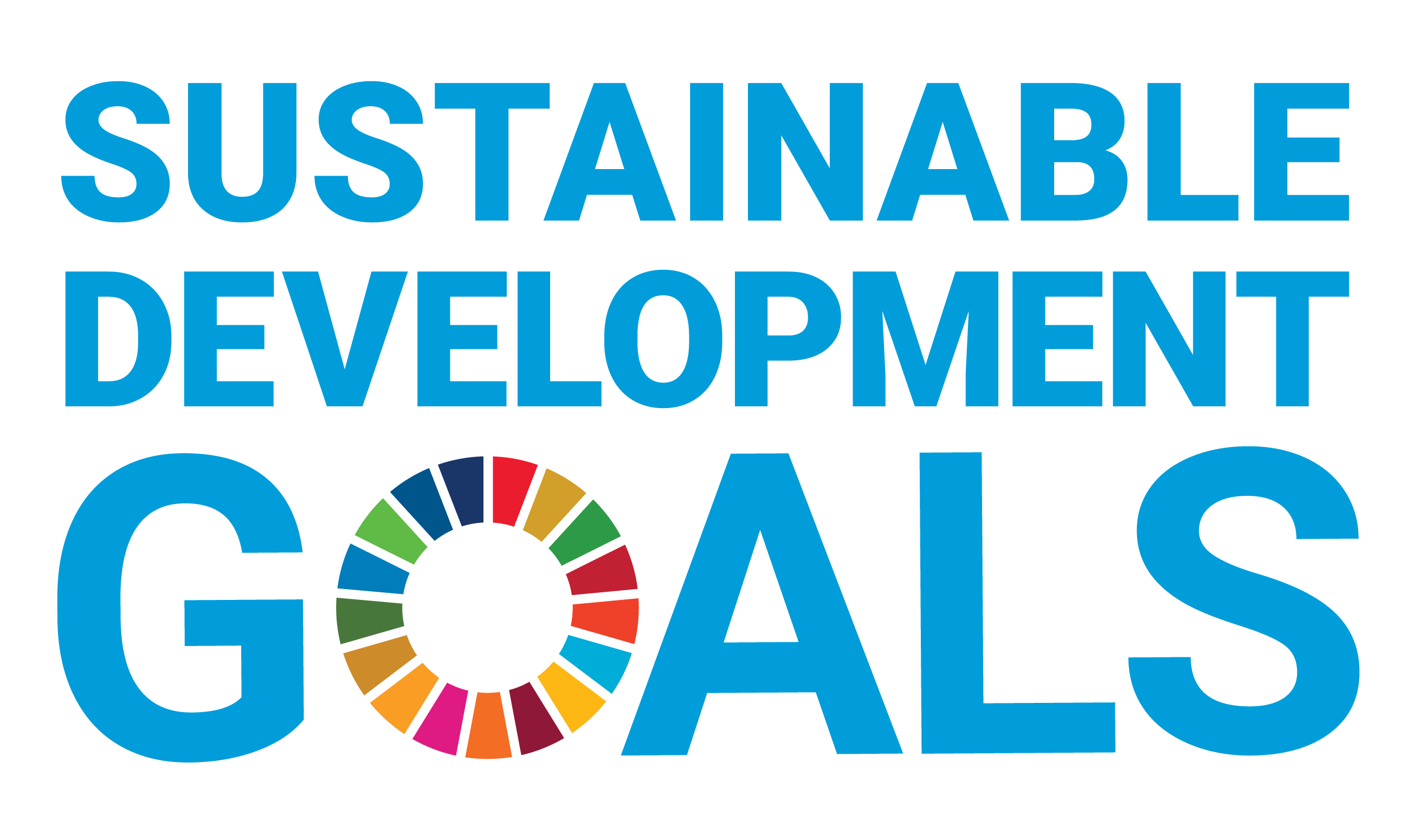Document Type
Conference Proceeding
Publication Date
2022
Abstract
SEARCA, in its 10th five-year plan (10th FYP), implemented the program, Inclusive and Sustainable Agricultural and Rural Development (ISARD). A pilot project was undertaken in a specific rural community following a well-defined scheme for an agroecosystem and through the integration of four inter-related components, technical assistance, capacity building, knowledge management, and linkage and networking. After the completion in 2020, evidences of well-developed agricultural system capable of contributing to the goals of food security and poverty alleviation emerged. In its 11th FYP, SEARCA endeavors to scale out the ARD model project in the Southeast Asian region. But, how will this benefit from adopting FAO's Sustainable Food and Agriculture (SFA)? This central question was addressed by authors in this study. Using an indicator-based assessment approach, the results revealed that the pilot ISARD project, in general, has adopted the SFA principles. It is rated as Good Sustainability, with an overall SFA index of 0.62. To further meet the aspired sustainability through agricultural interventions, the design, delivery, and implementation of ISARD components should include aspects related to facilitating access to productive resources, finance, services for basic infrastructure, protecting water resources, promoting tenure systems to access land, and enhancing nutrition-based programs for the community.
Recommended Citation
Orencio, P.M., Vallez, A.G.C., & Bandong, R.J.M. (2022). Determinants of Sustainability: A Case of Piloting ISARD Models in Oriental Mindoro and Leyte, Philippines. IOP Conference Series: Earth and Environmental Science, 995. https://doi.org/10.1088/1755-1315/995/1/012060



